I sat and watched as years went by.
I have just watched my teenage years unfold before me on screen after viewing the new Ron Howard film, The Beatles: Eight Days A Week – The Touring Years.

I was barely 13 when the Beatles first scraped into the UK charts, on December 15 1962, with ‘Love Me Do’ at no. 26. Alongside the Beatles in the charts were Little Eva’s ‘Locomotion’ and ‘Sherry’ by the Four Seasons, dispelling (to me anyway) the theory that pop music was drivel until the Beatles arrived.
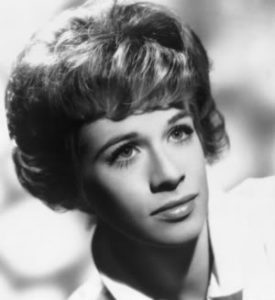
Looking back at that 1962 Top 30 chart, I was astounded to see a 20-year-old Carol King flashed in at no. 18 and out again that December, with ‘It Might As Well Rain Until September’, preceding ‘Tapestry’ by nine years. Brenda Lee’s rockabilly classic ‘Rockin’ Around The Christmas Tree’ (recorded in 1958 when she was 13) spent the whole month in the charts, reminding us it was winter.
And what a winter. It was one of the UK’s coldest winter of all time – certainly the most bitter since the 19th century. Nothing like it has been seen since. Rivers, lakes, even the sea froze over. Snowdrifts were 6ft. deep that December. Some would be 20ft. deep by the time the winter of 1962-1963 was through. Just after Christmas, Love Me Do peaked at no. 17, and then dropped out. In January 1963, the Beatles released ‘Please Please Me’ and appeared on TV’s Thank You Lucky Stars. They quickly hit no. 1 on most UK charts. Beatlemania in Britain had started.
Please Please Me was then turned down in America by Capitol and Atlantic. Finally released on Vee-Jay in February 1963, the single peaked at 35 in March. In a misprint, the band were called the Beattles. Apparently, that single, with its misprint, is worth a fortune these days.
How the Beatles killed the quiff

My hair, that winter, under my school cap, sported a quiff, turned black by Brylcream and water, just like the rockabilly artists of today and Elvis of course. Elvis also entered that UK chart of December 1962, at no. 30 with ‘Return To Sender’; but as John Lennon remarked years later, on hearing of the King’s death, “Elvis Presley died when he went in the army.” Rock & roll lovers would have to agree with that.

My quiff would freeze solid at the bus stop that winter, melting during class, causing icy water to dribble down my neck. I mention my quiff only to remind us that, until the Beatles came along, if you thought you were cool – like Kookie in TV’s 77 Sunset Strip – young men and boys wore quiffs. After the Beatles erupted, the sculpted quiff hairstyle with its slicked-back sides and greased duck’s arse tail virtually vanished. It wasn’t just music the Beatles effected. It was hairstyles, too … everything.

“In winter 1963
It felt like the world
would freeze
With John F Kennedy
And the Beatles.
”Life In A Northern Town. Dream Academy. 1986.
Of course, I’ve seen all the old Beatles footage countless times over the years but, this time, it was accompanied by interviews with the Fab Four – some unseen – and new interviews with Sir Paul McCartney, 74, and Ringo Starr, 76. As I said, watching it was like watching one’s own life unfold. We were there with the Beatles every step of the way even if us boys preferred the Stones.
“We were kids who never thought it would last.”
“We were kids who never thought it would last,” Sir Paul told the English press on the film’s release. Paul was just 20 in December 1962, John and Ringo, 22, and George, 19.
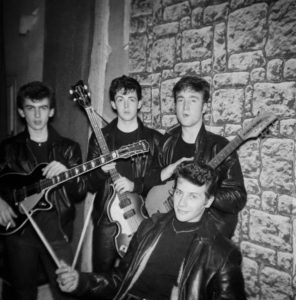
“We had a guy called Pete Shotton on washboard when I joined. There was another guy called Ivan (Vaughan) on bass, Col (Colin Hanton) on drums and another fellow on banjo. So from that to the eventual line-up of John, George, Ringo and myself (it) took about 10 years of trying and working for no money in Hamburg for eight hours a day. It seemed to take forever at the time.”
Much of the film was based on the only authorised biography of the group, called simply ‘The Beatles’, by Hunter Davis, an excellent book, highly recommended. Talking about his rivalry with John Lennon in an update of Davies’ book, Sir Paul said:
“We were always in competition. I wrote ‘Penny Lane’ so he wrote ‘Strawberry Fields’. That’s how it was. John was all action. He was the loudest in any crowd. He was the cock who crowed the loudest. Me and George used to call him the cockerel in the studio. For 10 years together he took my songs apart. He was paranoiac about my songs. We had great screaming sessions about them.
“I idolised John. As I matured and grew up I started sharing things with  him. I wrote songs as he did and sometimes they were as good as his. We grew into equals.
him. I wrote songs as he did and sometimes they were as good as his. We grew into equals.
“It’s only me, Paul.”
“But it made him feel insecure. We were once having a right slagging session and I remember how he took off his granny glasses. I can still see him. He put them down and said, ‘It’s only me, Paul’. Then he put them on again and we continued slagging. That phrase comes back to me all the time.”
For Oscar-winning director Ron Howard, first known as an actor in TV’s iconic ‘Happy Days’, making The Beatles: Eight Days A Week – The Touring Years was a labour of love. “I was a huge fan of the Beatles at the time and reckon to be more so now after all these years,” he said.
Howard’s documentary also show how the Beatles defied racism in America’s Deep South. Long-forgotten 1960s contracts unearthed by the film’s researchers show how the Beatles were the first foreign group to refuse to perform at ‘whites only’ venues. Many U.S. states still promoted segregation, even banning such black stars as Sammy Davis Jnr. from white hotels, bars, bathrooms and even dressing rooms. The Beatles stipulated they wouldn’t appear unless black fans could sit where they liked.
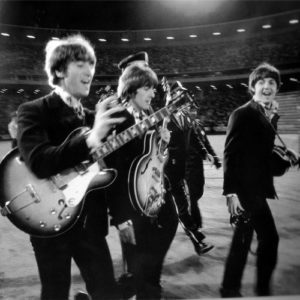
“Many of our heroes were black.”
Paul McCartney said he was amazed at the discovery of the contracts. “We had loads of black friends and many of our musical heroes were black. To see in the film that we’d actually put it into our contracts – we (Paul and Ringo) didn’t remember that. I was very impressed with that. It was cool.”
Ron Howard said, “What they (the Beatles) did with those contracts was really courageous stuff at the time.”
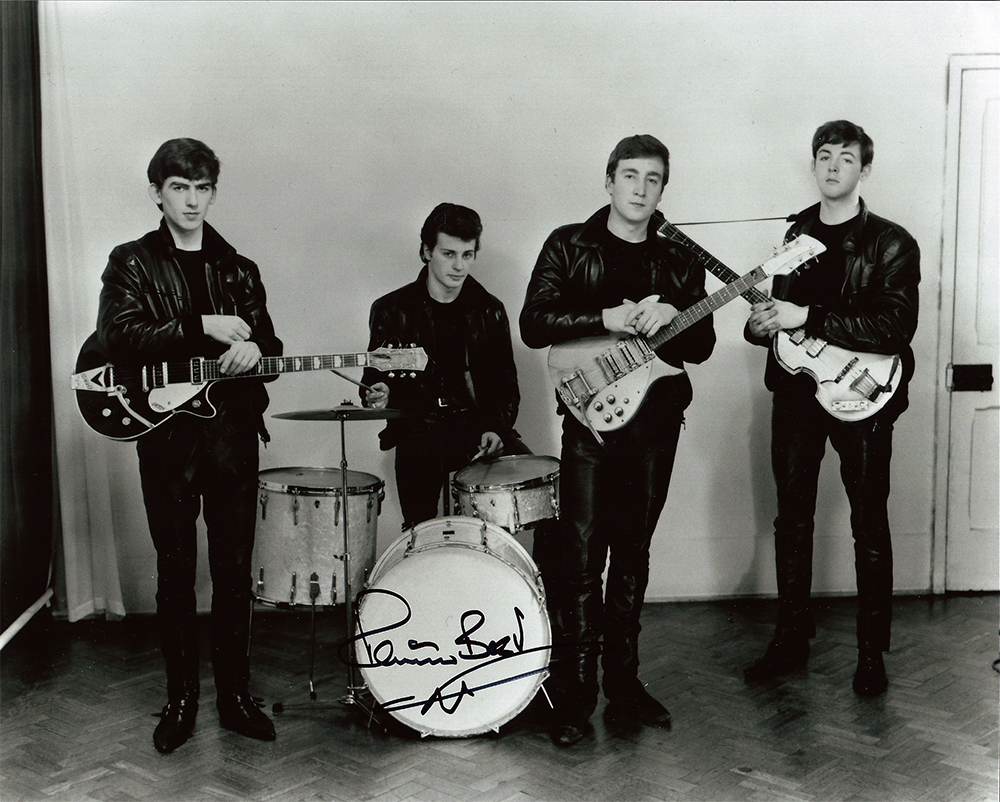

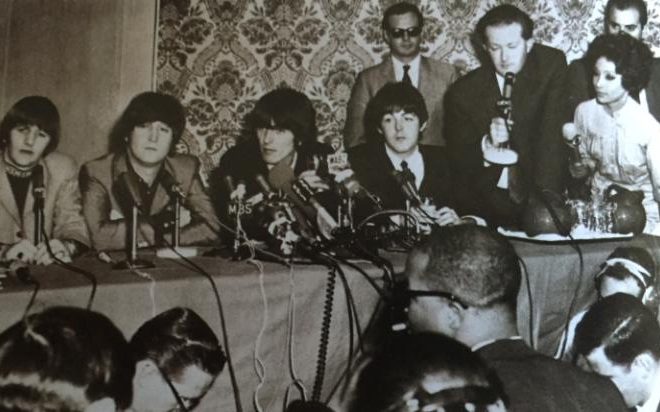
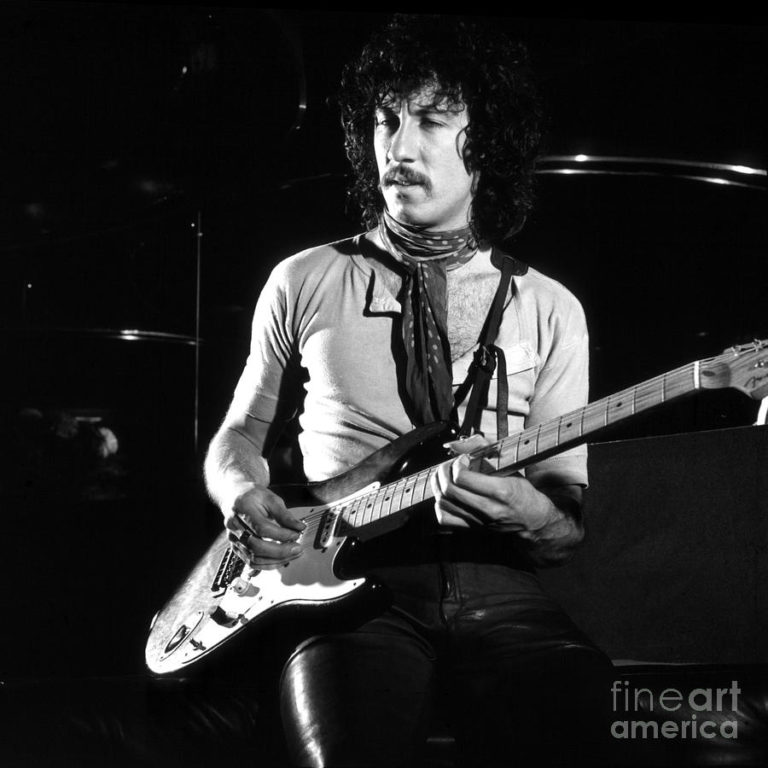


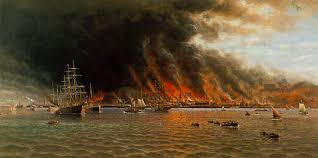
Ahhh…those were the years Paul, the Happy Days of my life. I was a hit picker for the biggest radio station in my city, Chum, they used to send me a batch of Chum Charts weekly to give to the kids and get their feedback, send it back to the station. I was a radio fanatic, and I could tell upon first listen, which song would hit no.1.
At a Christmas party for all the hit pickers of all the schools, they gave us 2 albums each. One was the Crystals which I loved, the other, a promo copy of Beatlemania, which I never heard of, so I put it aside and didn’t even play it. At this time, the Beatles were not heard of in Toronto Canada, and probably not in North America for another couple of months. A friend of mine who had just immigrated from Scotland, asked me how the party went, and if they gave us gifts, I replied yea, I got the Crystals and some album called Beatlemania which I haven’t played yet. He said, “What? Beatlemania? They are the greatest thing to hit U.K. ever!” So I finally played it, and since then I wore the damn thing out. Then a couple of months later, the “Invasion” wowwww….those were the days, and to this day, I partly credit the Beatles for my musical career and song writing with the 3 elements that stand out for me, make it SIMPLE, make it BEAUTIFUL, and make it ORIGINAL.
Thank you for writing this article Paul, it has hit home, it’s part of our lives that we look back at the way we were in our younger years.
What a great story, Evan. Many thanks for your feedback. I don’t think younger people can understand just how the Beatles, Stones etc effected our lives back then. The Crystals, too, were one of the defining groups of the era. How we all loved their big new Spector sound.